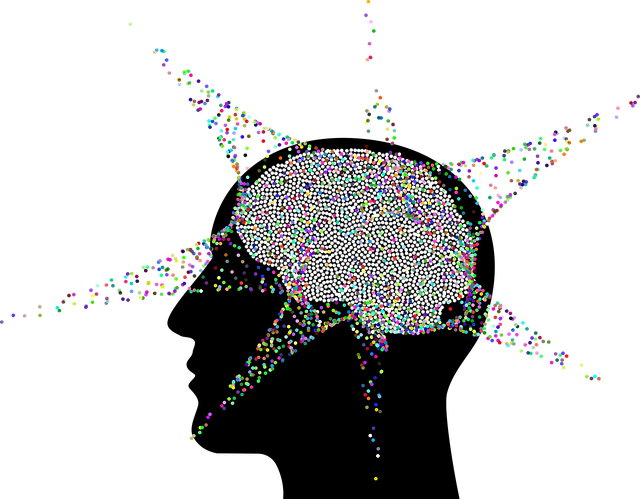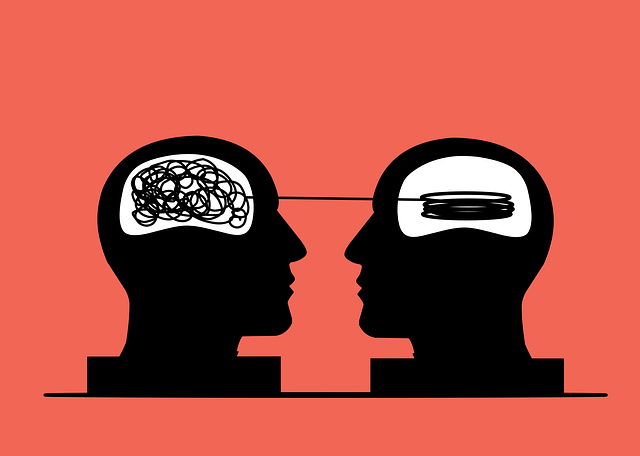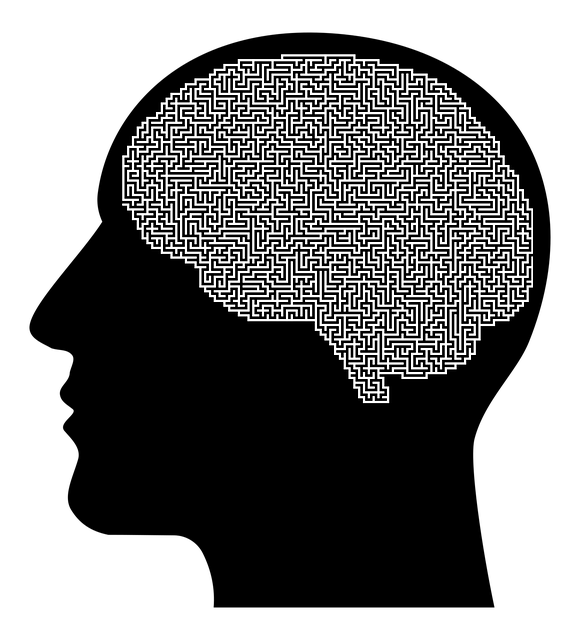Centennial Russian Speaking Therapy leverages advanced data analytics to transform mental health care. By integrating clinical records, surveys, and therapist notes with self-care practices, they gain insights into symptoms, behaviors, and responses. This approach leads to personalized Stress Reduction Methods and Self-Care Routine plans, empowering clients with Mind Over Matter principles for improved long-term mental health. Their unique case study method, focusing on Russian-speaking individuals, offers valuable cultural insights guiding effective treatment plans and policies, setting them apart as a leading provider in the industry.
Mental health data analysis has emerged as a powerful tool, offering profound insights into understanding and treating psychological conditions. This article explores the intricate world of mental health data, delving into its collection from diverse sources and the critical role analytics play in therapy. We present interpretation techniques to extract clinical value, highlighting a case study on Centennial Russian Speaking Therapy, showcasing how data analysis can personalize treatment approaches.
- Understanding Mental Health Data: Collection and Sources
- The Role of Analytics in Therapy and Treatment
- Interpretation Techniques for Clinical Insights
- Centennial Russian Speaking Therapy: A Case Study Approach
Understanding Mental Health Data: Collection and Sources

Understanding Mental Health Data is a multifaceted process, especially when considering diverse populations and their unique needs. At Centennial Russian Speaking Therapy, we recognize that mental health data collection involves various sources, each offering insights into different aspects of an individual’s psychological well-being. These include clinical records, surveys, self-reported symptoms, and observational notes from therapists—all valuable tools in the quest to interpret and understand complex mental health trends.
Self-Care Practices and Mind Over Matter Principles often play a significant role in data collection. Encouraging clients to track their daily routines, stress levels, and emotional states through structured questionnaires or journaling can provide rich qualitative data. Additionally, Mental Illness Stigma Reduction Efforts have led to more individuals being open about seeking help, which contributes to comprehensive datasets that accurately reflect the spectrum of mental health experiences within diverse communities.
The Role of Analytics in Therapy and Treatment

In the realm of mental health care, analytics plays a pivotal role in enhancing therapy and treatment outcomes. By leveraging advanced data analysis techniques, Centennial Russian Speaking Therapy professionals can gain profound insights into their clients’ well-being. This involves scrutinizing patterns in symptoms, behaviors, and responses to various interventions, all while respecting strict confidentiality standards. For instance, analytics can help identify specific triggers for anxiety or depression among individuals, allowing therapists to tailor treatments more effectively. Furthermore, it enables the development of personalized Stress Reduction Methods that align with each client’s unique needs and preferences.
Through data-driven insights, therapists can reinforce Mind Over Matter Principles, empowering clients to cultivate a more positive mindset. Analytics also supports the creation of tailored Self-Care Routine Development for Better Mental Health plans, ensuring individuals have practical tools to maintain their emotional equilibrium. By combining evidence-based practices with analytics, Centennial Russian Speaking Therapy offers more precise and impactful support, ultimately improving long-term outcomes for those seeking mental health solutions.
Interpretation Techniques for Clinical Insights

In the realm of mental health data analysis, interpretation techniques play a pivotal role in uncovering clinical insights that can guide effective treatment strategies. At Centennial Russian Speaking Therapy, our experts leverage advanced analytical methods to delve into diverse datasets, encompassing patient histories, survey responses, and therapeutic outcomes. By employing sophisticated statistical models and qualitative assessments, we unearth patterns and trends that reveal valuable information about individual and collective mental health dynamics.
These interpretation techniques extend beyond mere data mining; they foster a comprehensive understanding of factors contributing to self-esteem improvement, risk assessment for mental health professionals, and resilience building within our diverse clientele. Through this nuanced approach, Centennial Russian Speaking Therapy continues to be at the forefront of transforming mental healthcare by translating raw data into actionable insights that benefit both patients and practitioners alike.
Centennial Russian Speaking Therapy: A Case Study Approach

Centennial Russian Speaking Therapy offers a unique perspective on mental health data analysis through its case study approach, providing valuable insights into the cultural nuances and specific challenges faced by Russian-speaking individuals in seeking therapy. This method allows for a deeper understanding of their experiences, which can be crucial in developing effective treatment plans and mental wellness coaching programs. By examining individual cases, researchers and therapists can identify patterns, common themes, and unique factors that influence mental health outcomes within this demographic.
The case study approach is particularly beneficial in the context of mental health policy analysis and advocacy, as it highlights areas where cultural sensitivities and tailored interventions are required. This data-driven perspective can drive changes in self-care practices and support systems, ensuring that policies and programs better serve Russian-speaking communities, ultimately improving access to quality mental health care.
Mental health data analysis has evolved into a powerful tool, offering valuable insights through advanced analytics and interpretation techniques. The case study of Centennial Russian Speaking Therapy demonstrates how these methods can enhance clinical understanding and treatment outcomes. By leveraging data from diverse sources, therapists can make more informed decisions, ultimately improving patient care and addressing unique cultural considerations in mental health practices.














